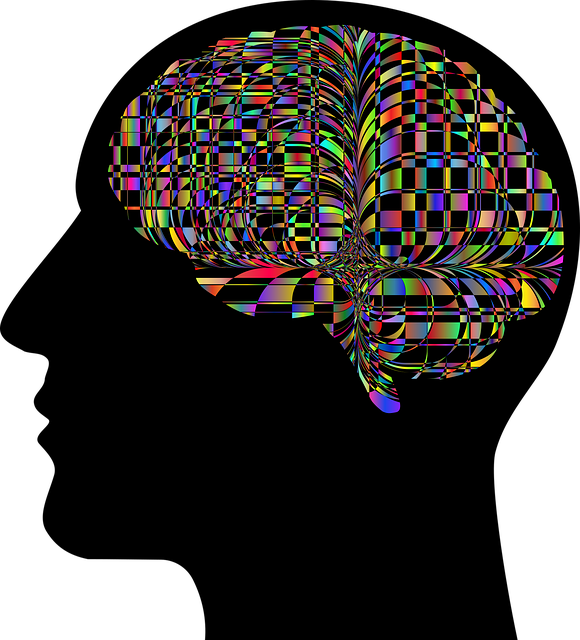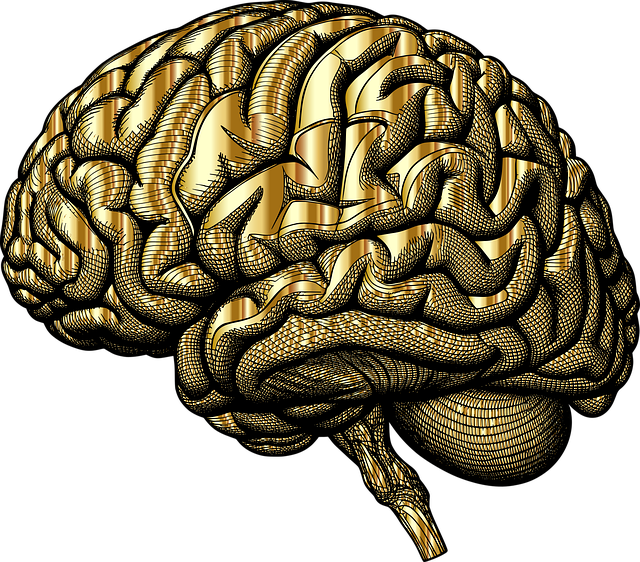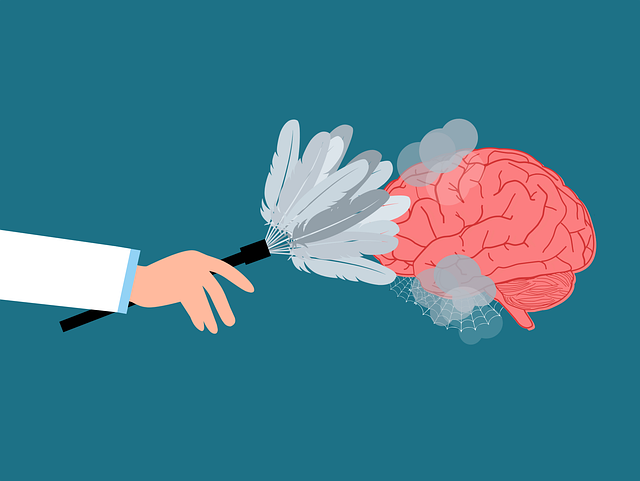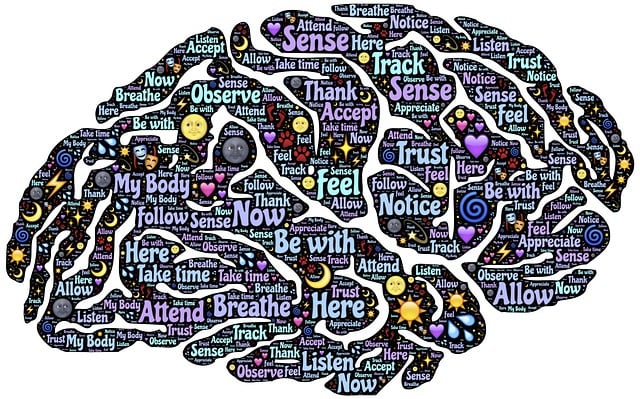Navigating mental wellness in young adulthood is a complex challenge, with life transitions and relationship issues exacerbating emotional struggles. Tailored therapy, community programs, and healthcare provider training are crucial for support. Self-care routines, combined with specific therapeutic approaches like CBT and IPT, help manage emotions and improve social skills, reducing burnout among providers. Comprehensive strategies including mental health education and trauma support services foster overall well-being, empowering young adults to address relationship issues and maintain healthy minds.
Developing a mental wellness self-care routine is essential for young adults navigating life’s challenges. This article guides you through understanding your unique mental health needs, establishing a solid self-care foundation, and integrating therapy with support systems. We explore the building blocks tailored to address relationship issues, offering practical strategies for holistic wellness. Discover how therapy for young adults can be a game-changer in managing stress, anxiety, and fostering healthy connections.
- Understanding Your Mental Health Needs as a Young Adult
- Building Blocks of a Self-Care Routine for Relationship Issues
- Incorporating Therapy and Support Systems for Holistic Wellness
Understanding Your Mental Health Needs as a Young Adult

For young adults, navigating mental wellness can feel like a complex maze, often marked by unique challenges and emerging awareness of one’s emotional needs. This stage of life is characterized by significant transitions—from academia to the workforce or exploring diverse relationships—which can intensify existing issues or unveil new ones. Understanding mental health in this context requires recognizing that it’s normal to experience a wide range of emotions and struggles, from stress and anxiety to more severe disorders.
Young adults may face relationship issues, whether with family, friends, or romantic partners, adding another layer of complexity. Therapy for young adults has proven invaluable in addressing these challenges, offering safe spaces to process emotions, build coping strategies, and enhance emotional well-being. Community outreach programs and healthcare provider cultural competency training play a crucial role in promoting mental health awareness and ensuring accessible support tailored to this demographic’s needs. Through these initiatives, individuals can gain the tools and resources needed to thrive while fostering a sense of belonging and understanding.
Building Blocks of a Self-Care Routine for Relationship Issues

Developing a self-care routine to address relationship issues is a proactive step towards mental wellness, especially for young adults. The foundation of this practice involves recognizing and managing emotional states, which can be facilitated through various therapeutic approaches tailored to their needs. Therapy for young adults with relationship problems often incorporates elements of social skills training, helping individuals navigate interpersonal interactions with greater confidence and empathy.
By integrating self-care practices into daily life, individuals can prevent burnout, a common issue among healthcare providers who frequently encounter relationship challenges in their patients. Techniques such as mindfulness meditation, regular exercise, and maintaining a balanced diet can significantly contribute to emotional resilience. Additionally, allocating time for hobbies, connecting with supportive communities, or engaging in creative outlets are essential components of a robust self-care routine, fostering overall mental wellness.
Incorporating Therapy and Support Systems for Holistic Wellness

Incorporating therapy is a cornerstone of cultivating holistic wellness for young adults navigating relationship issues and other mental health challenges. It provides a safe space to process emotions, gain insights into behaviors, and learn coping strategies tailored to individual needs. Whether it’s cognitive-behavioral therapy (CBT), interpersonal therapy (IPT), or trauma-focused approaches like EMDR, evidence-based therapeutic interventions have proven effective in addressing depression, anxiety, and other common mental health concerns among this demographic.
Building a robust support system complements the benefits of therapy. Connecting with peers who share similar experiences can foster a sense of belonging and reduce feelings of isolation. Support groups, both online and offline, offer a platform for open dialogue, emotional validation, and practical advice. Additionally, leveraging mental health education programs designed specifically for young adults equips them with knowledge about their minds, encourages self-awareness, and promotes proactive mental wellness management. Trauma support services are also crucial for those who have experienced adverse events, helping them process and heal from past traumas that may be impacting their current mental state and relationships.
Developing a robust mental wellness self-care routine is an empowering journey, especially for young adults navigating life’s challenges. By understanding individual mental health needs and implementing tailored strategies, such as building self-care practices for relationship issues and incorporating therapy with support systems, one can achieve holistic wellness. For young adults struggling with relationship problems, accessing specialized therapy can be transformative, fostering healthier connections and enhancing overall well-being.












